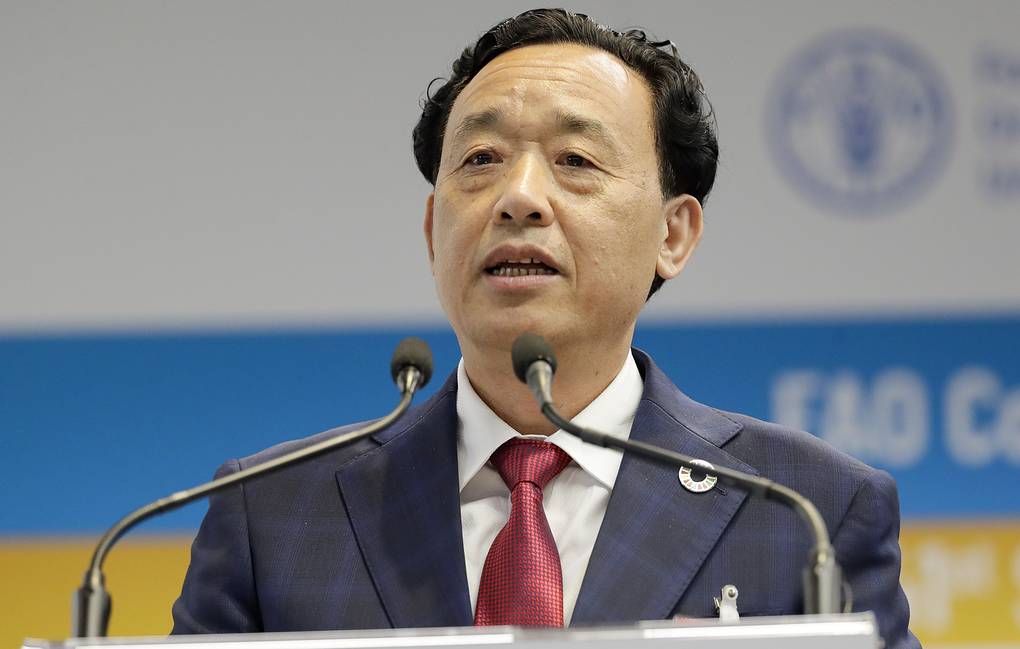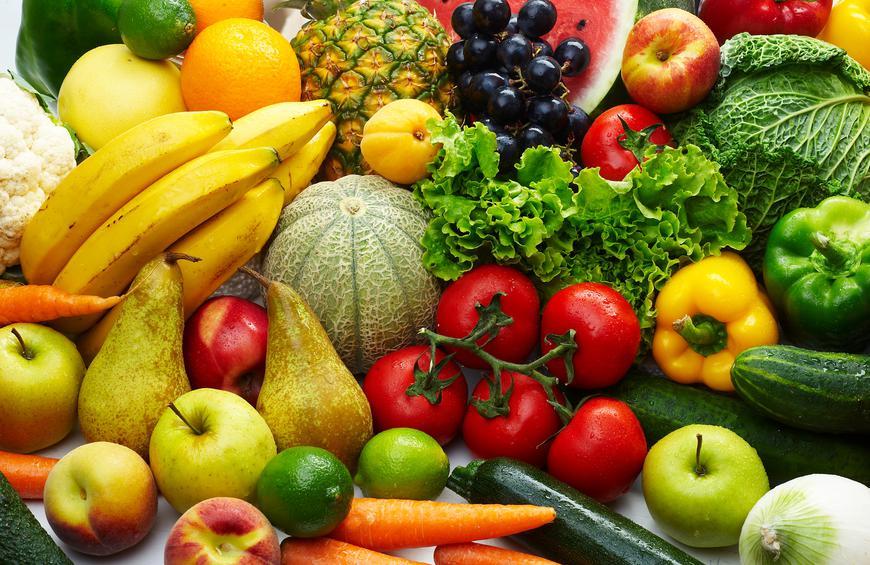A sustainable livestock sector will foster an inclusive economic growth, improve livelihoods, sustain animal health and welfare, and address environmental issues
FAO Director-General calls for an integrated agri-food systems approach to better address food insecurity and malnutrition amid COVID-19
The agricultural sectors and livestock farming in particular must shift towards sustainability to enhance their contribution to food security, nutrition and healthy diets and build back better to overcome the COVID-19 pandemic and other challenges, FAO Director-General QU Dongyu said today in his opening remarks to the 27th session of the Committee on Agriculture (COAG).
A sustainable livestock sector will foster an inclusive economic growth, improve livelihoods, sustain animal health and welfare, and address environmental issues, he added.
This is the first virtual COAG – bringing together over 120 Member Nations, partners and the public in an open online session. For this year’s session, the central theme is Sustainable Livestock for SDGs.
In his address to members of the Committee, representatives of United Nations and Specialized Agencies and other delegates, the FAO Director-General highlighted the need for a holistic and inclusive approach to livestock sector policies and technical actions that includes all stakeholders within the food system. In this respect, he stressed the vital role the private sector needs to play and the importance of strong partnerships with the sector.
Noting that the combined impacts of COVID-19, its suppression measures and subsequent global recession would increase the burden for family farmers and most vulnerable people, the FAO Director-General highlighted the need for greater support and increased investment in knowledge, infrastructure and technology for sustainable agriculture.
“Our assessment suggests that the pandemic may add up to 132 million people to the ranks of undernourished in the world in 2020. This would be disastrous, particularly in the context of the 2030 Agenda and the Sustainable Development Goals”, Qu said calling for an integrated agri-food system approach that addresses food security, livelihoods and the management of natural resources in a comprehensive and effective way.
In addition to COVID-19, agricultural and food systems are under increasing pressure from other unprecedented threats, like climate change, affecting crop yields, reducing the diversity of crop and animal species, and increasing the incidence and spread of pest and diseases, the FAO chief said.
“The people most vulnerable to climate shocks and natural hazards are the 2.5 billion small-scale farmers, herders, fishers and forest-dependent communities who derive their livelihoods from natural resources”, he noted.
The FAO Director-General called on countries to step up efforts to tackle the root causes of hunger and malnutrition through transformative changes to the way we produce, distribute and consume food.
To achieve this, we need to transform food and agriculture systems, ensuring inclusiveness and equality; identify and implement innovative approaches and technologies in agriculture; shift to more sustainable and diversified production and consumption patterns; and improve governance, he said.
“The goal we want to reach together is well defined: A tomorrow that is free of hunger; through better production, better nutrition, and a better environment for a better life!” the Director-General concluded.
Since the early days of the pandemic, FAO has focused on ensuring the continued delivery of its mandate while safeguarding the health and wellbeing of its employees. In July, the UN Agency presented the FAO COVID-19 Response and Recovery Program aimed at preventing a global food emergency during and after the COVID-19 pandemic, while working on medium- to long-term development responses for food security and nutrition.
On the normative side, the International Code of Conduct for the Sustainable Use and Management of Fertilizers and the Ten Elements of Agroecology were adopted by the FAO Conference; and the FAO Climate Change Strategy is being implemented.
On the operational side, FAO continued to support its members in combatting plant pests and animal diseases that affect lives and livelihoods of millions of people such as the Desert Locust, a threat that remains a priority for FAO with the pandemic making activities on the ground more difficult.
Between January and August 2020, over 760 000 ha have been controlled across ten countries from the Horn of Africa to Yemen. In this area, control operations have averted the loss of an estimated 1.52 million tons of cereal in the region. This amount of grain is enough to feed 9.88 million people for an entire year and is valued at $456 million.
In some countries, including Ethiopia and Somalia, FAO and governments are currently fighting the second generation of a widespread desert locust surge. National governments continue to lead control and surveillance operations supported by FAO through the provision of pesticides, bio-pesticides, equipment, aircraft and training.
FAO has also launched the Global Action for Fall Armyworm Control for a strong and coordinated response to the rapid spread of the Fall Armyworm at all levels.
In addition, the UN agency is providing assistance for a Peste des Petits Ruminants-free world, and measures aimed at countering African swine fever and other major animal diseases.









